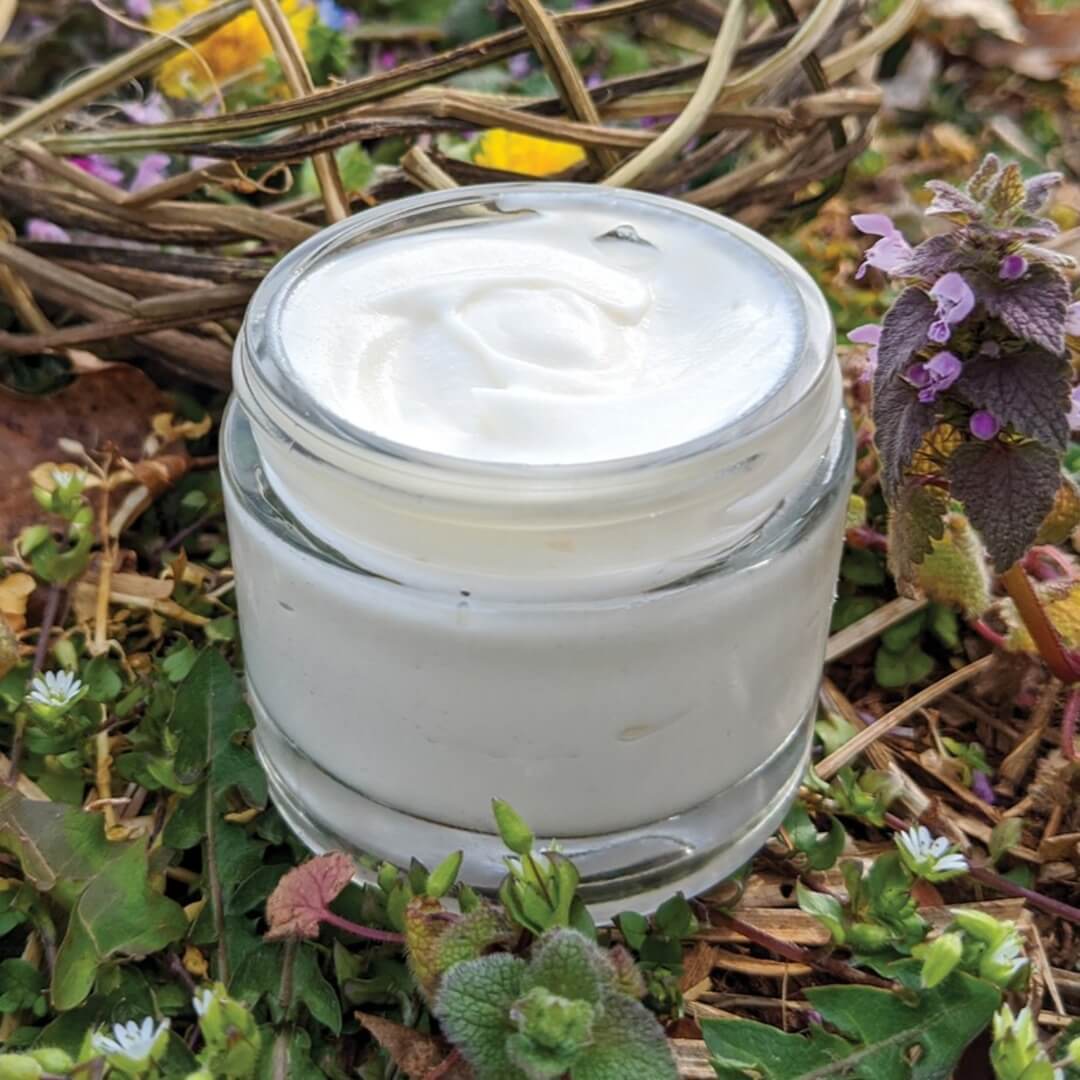Are All Chemicals Bad When It Comes to Skincare?
0 Comments
Photo Credit: Jan Berry
Many people in recent years have become increasingly concerned about the potential risks of using chemical-based skincare products. The fear of “chemicals” has led to a misconception that when used in skincare, all chemicals are harmful. But is this fear justified? Are all chemicals bad for your skin? We will delve into skincare chemicals in this blog as we debunk some myths and help you make informed choices.
Understanding Chemicals in Skincare
First and foremost, let’s clarify what we mean by “chemicals” when it comes to skincare. The term “chemical” often carries a negative connotation. But the reality is that everything around us, including natural ingredients like water and essential oils, consists of chemicals. Chemicals are substances with specific compositions and properties, whether naturally occurring or synthetically produced.
When it comes to skincare, chemicals serve various purposes, such as preserving the product, enhancing its texture, delivering active ingredients, and providing a pleasant scent. Skincare products typically contain a mix of natural and synthetic chemicals, each serving a specific function. The key is to differentiate between harmful chemicals and those that are safe and beneficial for your skin.
Myth 1: All Chemicals Are Harmful
A widely held misconception is that all chemicals in skincare are harmful. This belief is far from the truth. In reality, many chemicals used in skincare have undergone extensive tests and demonstrated their safety for skin application. These include common ingredients like various fatty acids, glycerin, and water. They are essential for formulating stable and effective skincare products.
Myth 2: Natural Is Always Better
Another misconception is that natural ingredients are always better than synthetic ones in skincare. Natural ingredients can offer certain benefits, but not all natural substances are safe. Undiluted lemon juice, for instance, can be harmful when directly applied to the skin. Lemon juice is acidic and can cause redness, irritation, and phytophotodermatitis.
Moreover, some synthetic ingredients mimic or enhance the benefits of natural substances. Hyaluronic acid, for example, is a synthetic compound used in skincare to hydrate and plump the skin with high effectiveness. You can learn more about the benefits of specific ingredients in our Willow And Sage magazine.
Myth 3: Chemical-Free Products Exist
The idea of “chemical-free” skincare products is a marketing gimmick. As previously mentioned, chemicals make up everything. When brands claim to be “chemical-free,” they usually mean that their products do not contain synthetic or potentially harmful chemicals.
7 Harmful Chemicals to Be Cautious About
While not all chemicals are bad for your skin, there are certainly some that you should be cautious about. Here are a few harmful chemicals commonly found in skincare products.
- 1. Parabens: Synthetic preservatives called parabens prolong the shelf life of skincare products. Although their safety is still debatable, they have been a cause of hormone disruption in some cases.
- 2. Sulfates: You may find sodium laureth sulfate and sodium lauryl sulfate in some shampoos and cleansers as they are foaming agents. These ingredients, however, can be harsh and may deplete the skin’s natural oils, leading to irritation and dryness.
- 3. Synthetic Fragrances: Artificial fragrances can contain undisclosed chemicals that may irritate sensitive skin and cause allergic reactions. It’s better to opt for products with natural fragrances or fragrance-free options.
- 4. Formaldehyde-releasing Preservatives: Some skincare products contain preservatives that release small amounts of formaldehyde over time, which can be irritating or sensitizing.
- 5. Mineral Oil: Mineral oil is an ingredient from petroleum commonly incorporated into skincare products. However, it can block pores and isn’t well-suited for every skin type.
- 6. Phthalates: Phthalates are often used in fragrance formulations and are known to disrupt hormone function. They can be under the term “fragrance” on ingredient lists, hidden from view.
- 7. Ethanolamines (MEA, DEA, TEA): These ingredients are pH adjusters and emulsifiers in skincare products. They may cause eye and skin irritation and can be harsh.
It’s important to note that the potential harm of these chemicals depends on individual skin sensitivities, concentrations used in products, and exposure levels. What might cause issues for one person may not affect another.

Photo Credit: Britta Weickert, Roman Chavez & Virginia Guarddon
Making Informed Skin Care Choices
To make informed skin care choices, consider the following tips:
- ● Know Your Skin Type: Varied skin types come with distinct needs. Seek guidance from a skincare specialist or dermatologist to find the most suitable products for your skin type.
- ● Consider Personal Sensitivities: Some people may be more sensitive to particular ingredients. So, pay attention to how your skin reacts to different products and adjust your routine accordingly.
- ● Make Your Own Products: Consider exploring DIY skincare recipes using natural ingredients that you trust. This way, you have total control over what goes into your products and can tailor them to your needs. If you’re looking for unique recipes and uses for homemade bath and body products, check out our Willow And Sage magazine.
- ● Read Ingredient Labels: Familiarize yourself with common harmful ingredients and read product labels carefully. Look for products that are free of these chemicals if you have concerns.
- ● Research Brands: Look for reputable brands prioritizing safety and transparency in their formulations. Brands that provide clear ingredient lists and explain their product’s benefits are more likely to be trustworthy.
- ● Do a Patch Test: If you’re trying a new ingredient or product, check for any adverse reactions by performing a patch test on a small area of your skin.
The more informed and discerning you are, the better you can develop a skincare routine that works for you. For more educational information and tips, explore the pages of our Willow And Sage magazine. Click here.














